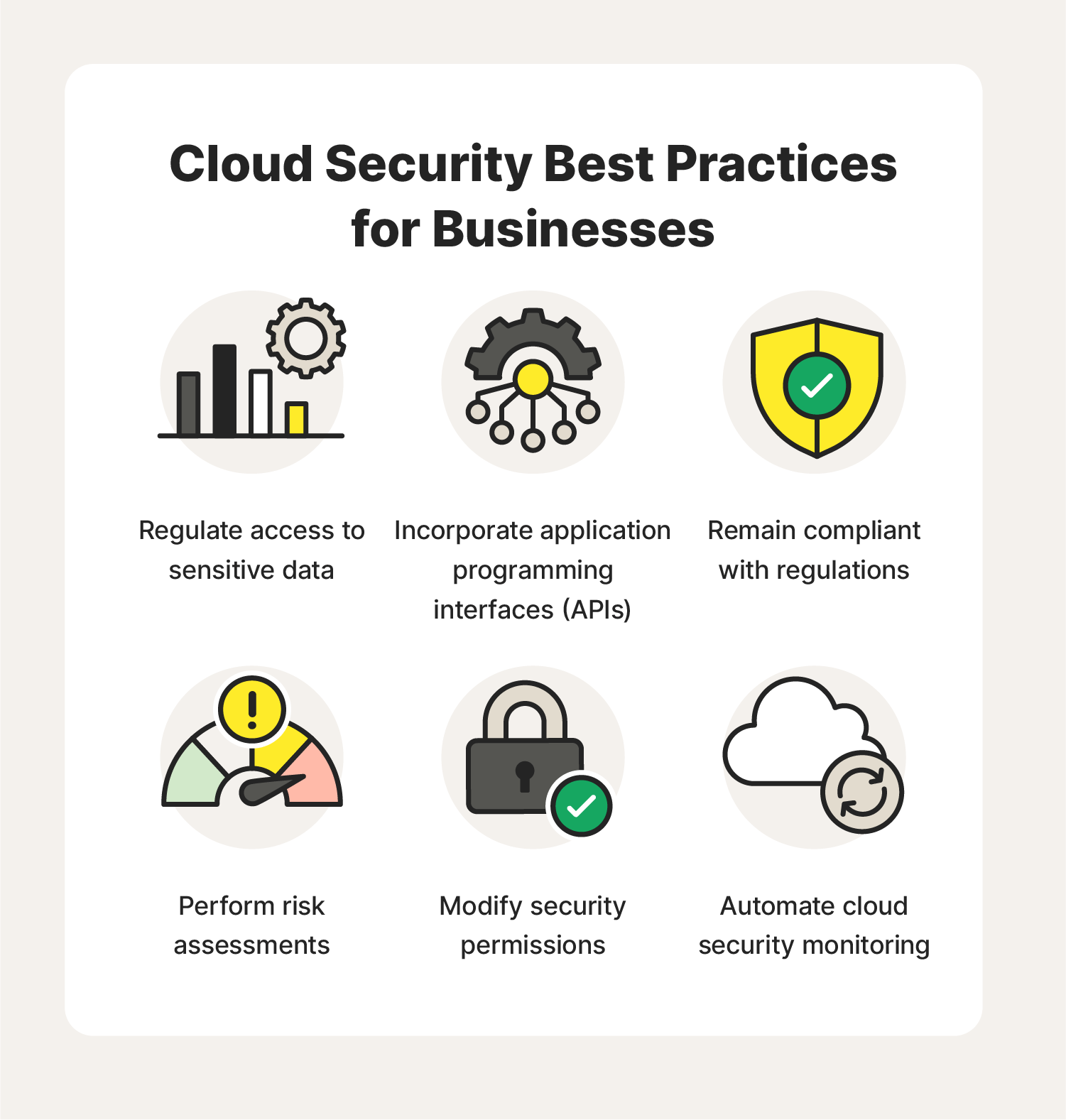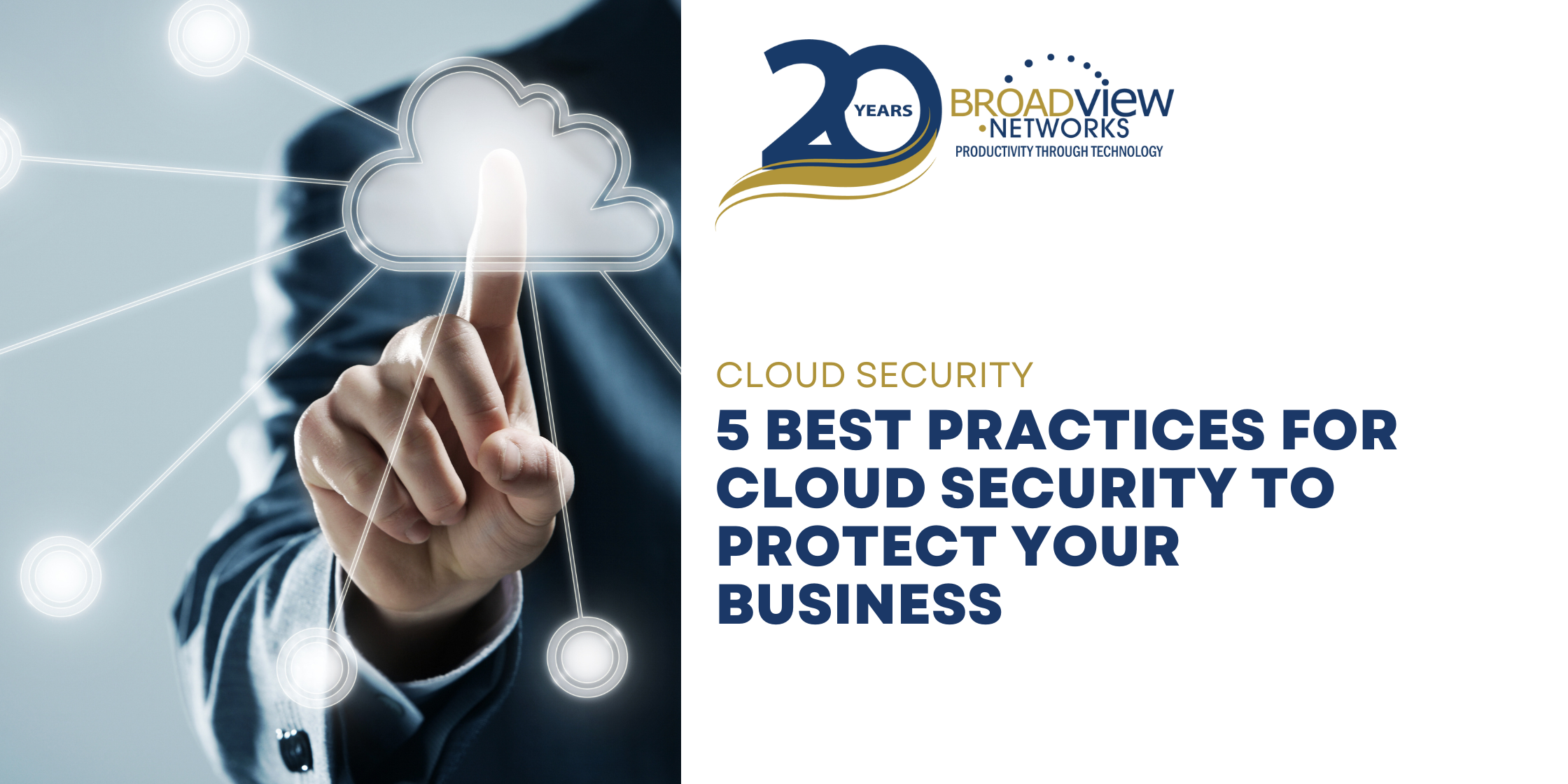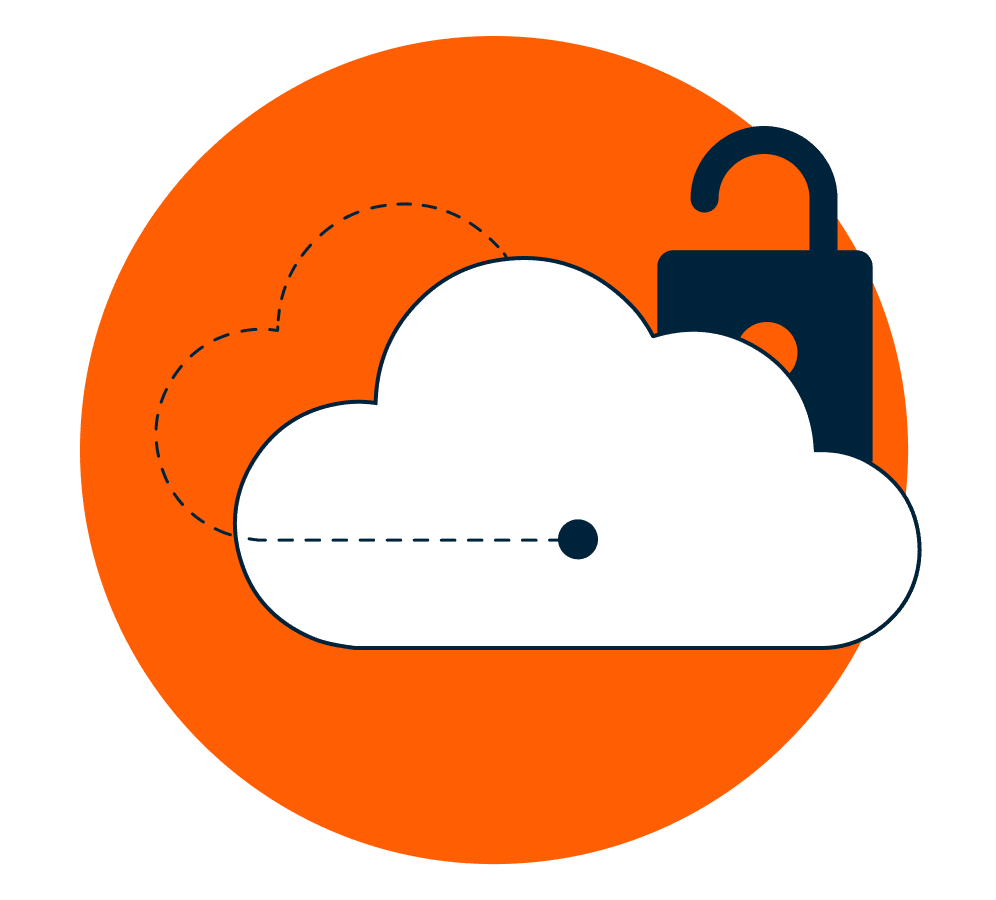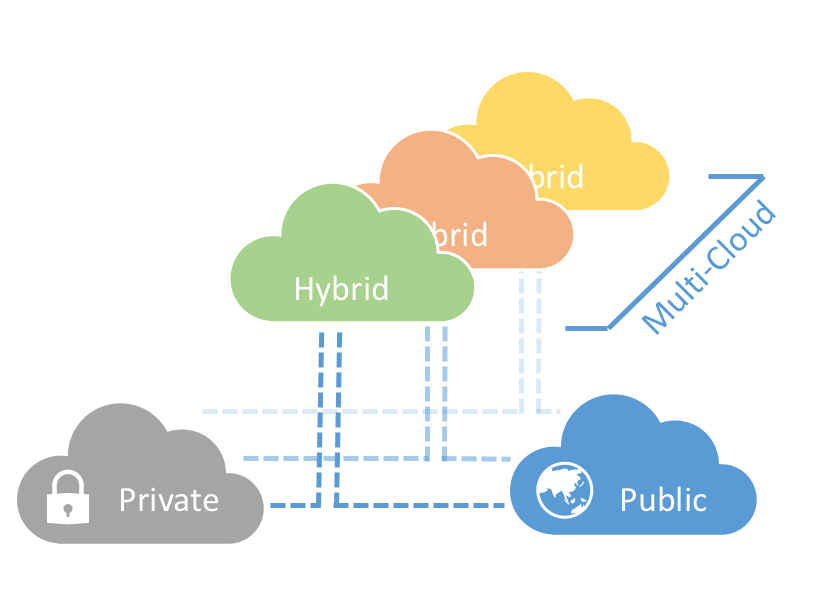Introduction
Cloud computing has revolutionized the way businesses operate by providing scalable and cost-effective solutions. However, with the increasing reliance on cloud services, it is crucial for businesses to prioritize cloud security to protect their sensitive data and maintain the trust of their customers. In this blog post, we will explore some of the best practices that businesses should follow to ensure robust cloud security.
1. Choose a Reliable Cloud Service Provider
When selecting a cloud service provider, it is crucial to opt for a reputable and reliable company. Look for providers that have a proven track record in security and compliance. Assess their certifications, data encryption practices, and disaster recovery plans to ensure they meet your organization’s security requirements.
2. Implement Strong Access Controls
Controlling access to your cloud resources is vital for maintaining security. Implement strong authentication mechanisms such as multi-factor authentication (MFA) to ensure only authorized individuals can access sensitive data. Regularly review and update user access privileges to prevent unauthorized access.
3. Encrypt Data
Encrypting data before storing it in the cloud adds an extra layer of protection. Utilize strong encryption algorithms to safeguard sensitive information from unauthorized access. Additionally, consider encrypting data in transit to protect it from interception during transmission.
4. Regularly Update and Patch Systems
Cloud service providers regularly release security updates and patches to address vulnerabilities. Stay up to date with these updates and ensure your systems are patched promptly. Regularly scan your cloud infrastructure for vulnerabilities and address them promptly to minimize the risk of exploitation.
5. Implement Network Segmentation
Segmenting your cloud network into separate zones or virtual private clouds (VPCs) can help contain potential security breaches. By isolating different parts of your infrastructure, you limit the impact of a breach and prevent unauthorized lateral movement within your network.
6. Backup and Disaster Recovery
Regularly backup your data and test your disaster recovery plan to ensure business continuity in the event of a security incident or system failure. Implementing a robust backup and recovery strategy helps mitigate the impact of data loss or service disruptions.
Summary
Cloud security is a top concern for businesses as they migrate their operations to the cloud. By implementing the following best practices, businesses can enhance their cloud security posture:
- Strong Authentication and Access Controls: Implement multi-factor authentication and role-based access controls to prevent unauthorized access to cloud resources.
- Data Encryption: Encrypt data both in transit and at rest to protect it from unauthorized access.
- Regular Security Audits: Conduct regular security audits and vulnerability assessments to identify and address any potential weaknesses in the cloud infrastructure.
- Employee Training: Educate employees about cloud security best practices and the importance of following security protocols to prevent human errors and data breaches.
- Backup and Disaster Recovery: Implement robust backup and disaster recovery plans to ensure business continuity in case of any security incidents or data loss.
By adhering to these best practices, businesses can mitigate the risks associated with cloud computing and maintain a secure environment for their data and appli learn the facts here now cations.

- Q: What are some best practices for securing cloud data?
- A: Some best practices for securing cloud data include implementing strong access controls, encrypting sensitive data, regularly monitoring and auditing cloud environments, and training employees on security awareness.
- Q: How can businesses protect their cloud infrastructure from cyber threats?
- A: Businesses can protect their cloud infrastructure from cyber threats by using strong and unique passwords, enabling multi-factor authentication, regularly patching and updating software, and using firewalls and intrusion detection systems.
- Q: What is the importance of data encryption in cloud security?
- A: Data encryption is important in cloud security as it ensures that even if unauthorized individuals gain access to the data, they won’t be able to read or use it without the encryption key.
- Q: How often should businesses perform security audits on their cloud systems?
- A: It is recommended for businesses to perform security audits on their cloud systems at least once a year, or whenever there are significant changes to the infrastructure or security requirements.
- Q: What role does employee training play in cloud security?
- A: Employee training plays a crucial role in cloud security as it helps raise awareness about potential security risks, teaches employees how to identify and report suspicious activities, and promotes a culture of security within the organization.



